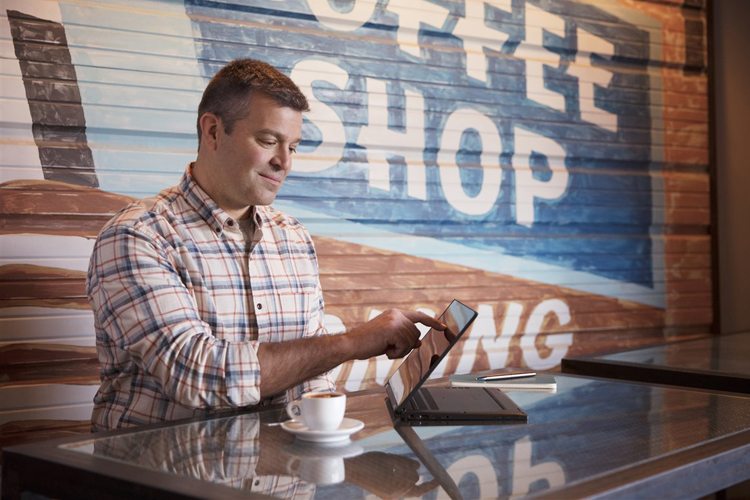There’s no doubt that the Covid-19 pandemic impacted businesses of all sizes across the country, but none more so than small businesses. In recognition of Small Business Month in May, we wanted to take the opportunity to look more closely at the efforts to help small businesses recover post-pandemic. According to the National Center for Biotechnology Information, the number of active business owners in the U.S. plummeted by 3.3 million or 22% from February to April 2020. The drop in active business owners was the largest on record, and losses to business activity were felt across nearly all industries.
READ ALSO: Job growth rate in small businesses increases significantly in April
Industry impact
Businesses across all industries, especially those with some of the biggest declines of employment include leisure and hospitality (48%), restaurants (48%) and taxi and limousine services (22%). Even businesses like fitness equipment, landscape, grocery stores and liquor stores that flourished during the pandemic will have to reevaluate hiring practices and supply chain disruptions that are affecting business owners across the country.
Support efforts
To help small businesses stay afloat, the federal government created the Paycheck Protection Program (PPP) as part of the Coronavirus Aid Relief and Economic Security (CARES) Act. Since April 2021, $762 billion has been distributed to qualified companies and paid out $5.08 billion in unemployment benefits. Today, the federal government has created the Restaurant Revitalization Fund and Shuttered Venue Operators Grant, two small-business relief programs for restaurants and live-event businesses as part of Covid-19 relief options.
Financial institutions like UMB provided support to businesses and customers in a variety of ways. Additional resources included personal loan and mortgage payment deferments and modifications, credit card repayment and payment deferral options, access to additional credit lines as well as options to increase mobile limits and refunds for service fees or charges.
There has also been a proactive push by consumers to support small businesses versus larger corporate entities that were minimally impacted by the pandemic. According to the 2020 Cox Business Consumer Sentiment Survey on Small Business, 68% of respondents say they want to support small businesses in their community, while 70% say they plan to increase their support of small businesses as Covid-19 lessens.
Current challenges
Despite the positive moves Americans, the federal government and the banking industry have taken to help small businesses stay afloat, they still face challenges. As business slowly starts to get back to normal and the cities and economy open up, supply-chain disruptions are taking a heavy toll on small businesses that have fewer resources to absorb or push back on price increases, resulting in revenue loss, inflation costs, decrease in a market share and production issues—ultimately impacting a company’s bottom line. Mobile device financing for MNOs is just one option that is becoming available for small businesses.
Additionally, small businesses are struggling to fill open positions based on a variety of factors including fear of contracting Covid-19, unemployment benefits outweighing part- or full-time pay and rising cost and/or limited access to daycare. Shockingly, there are 15 million job vacancies available in the U.S.—10 million more than when the pandemic first began. Without employees to support small businesses, more of these businesses may fail.
Planning for the future
As small businesses continue to feel the impact of the Covid-19 pandemic, it’s important for owners to know they are not alone. In addition to government support and consumer buy-in, small business owners should lean heavily on their financial advisors and bankers to help them navigate these unique times. In turn, banks need to support their clients and nurture the relationships by offering smart solutions to get them back on track. From assisting with lending options, cash flow management to employee benefits and everything in between, trusted advisors like those at UMB are here to serve as a partner to help small business find success in a post-pandemic world.
Jacob Hymes is senior vice president and director of small business at UMB Bank.




